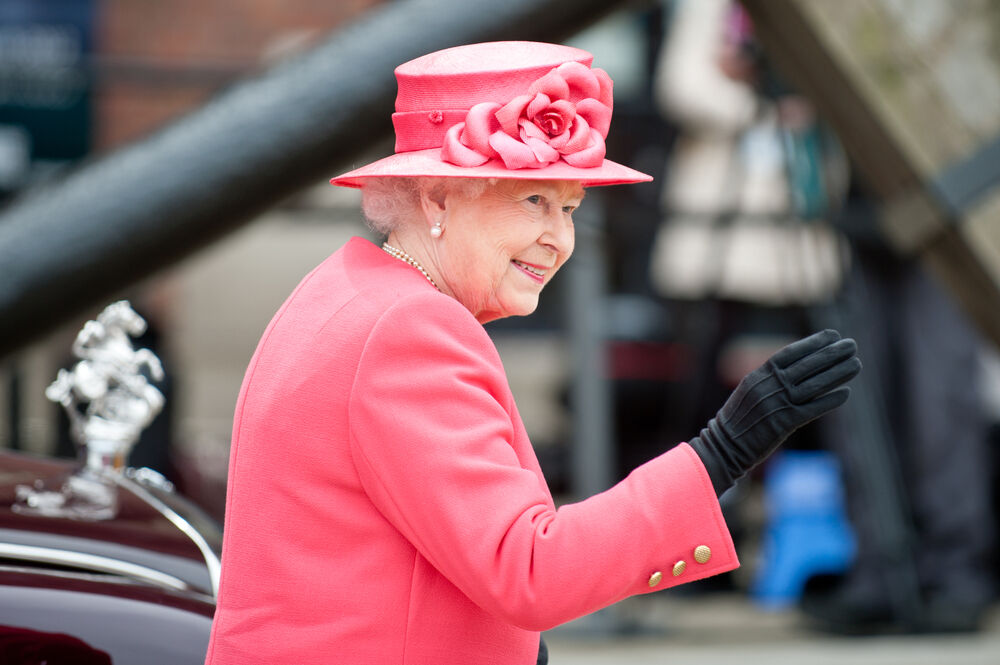I have never been particularly interested in celebrities. That’s a funny thing to admit as someone who regularly interviews and profiles people in the public eye. In my professional capacity, I’ve always approached them as people whose work I either admire or want to challenge. But privately, I’ve never obsessively followed the ins and outs of their personal lives.
So, it came as a surprise when, toward the beginning of the pandemic, after having binged my advance screeners of the fourth season of Netflix’s The Crown—a.k.a. the Diana season—I found myself consuming as much Diana content as I could get my hands on. I think of the subsequent period as My Year of Diana, though maybe it was more like a year and a half or something. I listened to the podcast You’re Wrong About’s series of episodes devoted to the Princess of Wales; read Tina Brown’s The Diana Chronicles; saw Pablo Larraín’s thrillingly bonkers Spencer and Oliver Hirschbiegel’s limp Diana.
I dredged up a sneering if thought-provoking documentary hosted by the late Christopher Hitchens about what he characterized as the madness that gripped the British public after the princess’s death. I even wrote something for a fashion magazine about attempting to evaluate Diana: The Musical while getting appropriately hammered on white wine.
And my newfound preoccupation with the Royal Family didn’t stop at Diana. I dug up old issues of Vanity Fair that have been moldering in my apartment for years to read all the royals features I’d flipped past. This year, I listened to the first season of VF’s podcast Dynasty, which was all about the Windsors. I read Brown’s gossipy The Palace Papers and Craig Brown’s hilarious Ninety-Nine Glimpses of Princess Margaret and watched the most recent Diana doc, HBO’s The Princess. Don’t judge me, but I even thoroughly enjoyed Gary Janetti’s vicious, under-appreciated animated satire The Prince.
Never Miss a Beat
Subscribe to our newsletter to stay ahead of the latest LGBTQ+ political news and insights.
At this weird stage in American life, after a lifetime of not caring about them, I seem to be inexplicably fascinated by the British Royal family.
It’s like I’ve discovered a kind of gay spectator sport I’d never noticed before. Because I do think that Royals Obsession is very gay. The British monarchy is all pomp and circumstance and magic and arcane protocol and pageantry. It’s camp, and also spookily mystical. It’s a ridiculous, useless, wasteful institution that has no place in the modern world. The Royals, with their belief in divine entitlement and reverence for dynastic hierarchy, are these strange creatures out of history or maybe fantasy, plonked in the real world. Their lives are possibly the most lavish soap opera literally ever.
I mean, I’m not telling you anything new here, am I?
But I do wonder how the death last week of Queen Elizabeth II and the accession of King Charles III will impact that spectacle.
The thing about the Queen—at least within my lifetime, from an American perspective—was that she presided over the tabloid exploits of her children and some of her grandchildren, and various other royals with this otherworldly grace and dignity. She was at once incredibly boring and regally awe-inspiring, and the contrast between her staid, lofty reserve and all the tawdry scandals and media imbroglios of the other royals gave the whole show that much more juice. What is the point, after all, of behaving badly if there’s no one to disapprove from her unimpeachable high ground?
Charles, on the other hand, has shown himself over the decades to be a depressingly human figure. With his tabloid marriage, affair, and divorce, he’s a far more familiar creature than his mother, something more akin to a scandal-prone politician or an especially mopey celebrity mogul. There simply cannot be the same mystical aura of majesty and authority around someone who reportedly insists on bringing his own teddy bear and toilet seat wherever he travels.
None of which is to say that Charles won’t be a good king—whatever that means. He is, by all accounts, a modernizer, particularly in the arena of climate change and the environment. And I can’t say I wasn’t sincerely—maybe sentimentally—moved by his address on Friday.
But I’m thinking about the show, which, as crass as it may sound is necessary. How long, really, can the monarchy last if people aren’t interested in the Royal Family?
Obviously, there’s a whole generation of glamorous yet relatable young royals to look at. And yet, I keep coming back to the thought that all the magic is gone along with Elizabeth II. Like Charles, William and Kate and Harry and Meghan all seem so contemporary, so essentially knowable, so scrutable. In so many ways, they’re just celebrities, and it’s not insignificant that the most glamorous and compelling among them—Harry and Meghan—have pretty much traded the imprimatur of royalty for a more contemporary, American version of stardom. None of them inspire awe so much as interest, maybe admiration. Which is a very different thing.
As the so-called second Elizabethan Age ends, I have to wonder: will the spectacle of Royal-watching seem as spectacular? Surely the media attention will continue. There will be headlines and scandals—just wait till Harry’s tell-all memoir arrives. But my sense is that it will all feel so…earthbound, so run-of-the-mill without the Queen’s seemingly eternal gaze impassively reflecting our voyeurism back at us.
Don't forget to share:













